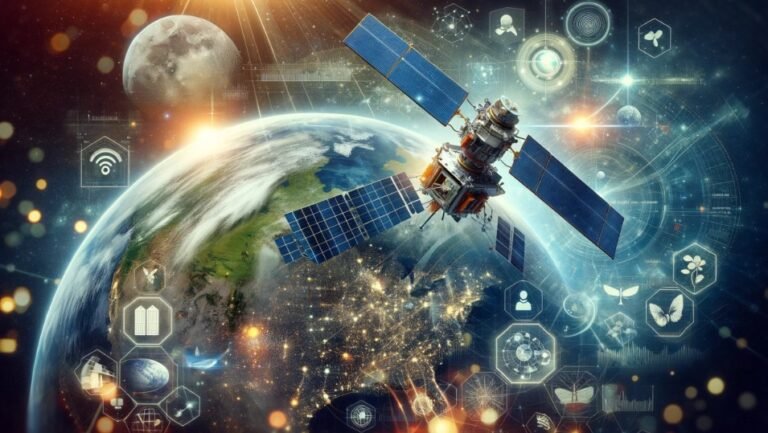Space Technology is paving the way for unprecedented advancements that could redefine our place in the universe. As humanity ventures beyond Earth’s atmosphere, various innovations in aerospace engineering, satellite communications, and planetary exploration are becoming not just conceivable but essential. The next frontier is more than a mere ambition; it is a necessity for scientific discovery and the survival of our species. With each mission, we draw closer to unlocking the mysteries of space while fostering technological solutions that benefit life on Earth.
The Evolution of Space Technology
Over the past several decades, Space Technology has undergone transformative changes that have expanded our capabilities and understanding of the cosmos. Early achievements such as the launch of Sputnik and the Apollo Moon landings laid the groundwork for what we would come to know as modern space exploration. Today, we stand at the cusp of a new era marked by robotic missions, reusable launch vehicles, and the potential for colonization of other planets.
Innovations Driving Space Exploration
Key innovations in Space Technology include advancements in propulsion systems, robotics, and artificial intelligence. New rocket technologies promise to reduce costs and improve access to space. Meanwhile, autonomous systems and drones are revolutionizing the way we explore distant planets and moons. These developments not only make missions more efficient but also allow for the collection of data that can be crucial for future human expeditions.
The Role of Private Companies
The involvement of private companies in the realm of space exploration has brought about a renaissance in Space Technology. Companies like SpaceX, Blue Origin, and Virgin Galactic are not only competing to launch payloads into orbit but also pushing the boundaries of what is possible. Their focus on innovation and cost reduction is democratizing access to space, allowing for a plethora of new projects, research endeavors, and opportunities. This private-public partnership is vital for the future of space exploration.
Benefits of Space Technology for Earth
While the focus may be on exploring the cosmos, the benefits of advancements in Space Technology also extend to life on Earth. From satellite communications that enhance global connectivity to Earth observation satellites that monitor climate change, these technologies are crucial. The insights gained from space can lead to improved weather forecasting, disaster response strategies, and resource management, making our world a safer and more sustainable place.
Looking Forward: The Future of Space Technology
The future of Space Technology holds immense promise. With plans for manned missions to Mars, the establishment of lunar bases, and the search for extraterrestrial life, humanity is looking beyond our planet more than ever before. These aspirations are supported by advancements in materials science, including the development of new alloys and composites for spacecraft, as well as innovations in life support systems that will enable long-duration missions.
International Collaboration in Space Endeavours
The exploration of space is not solely a national endeavor but a global undertaking that emphasizes the importance of international collaboration. As we face myriad challenges in space, such as the management of space debris and the need for sustainable exploration practices, countries around the world are uniting their resources and expertise. Partnerships like the International Space Station (ISS) stand as a testament to what can be achieved when nations work together. Collaborative missions enable shared knowledge, the pooling of financial resources, and the cross-pollination of ideas, ultimately accelerating advancements in Space Technology and ensuring a more comprehensive approach to exploring the universe.
Conclusion: The Boundless Possibilities Ahead
As we continue to push the boundaries of what is possible with Space Technology, the opportunities for discovery and growth are virtually limitless. The synergy of public agencies and private enterprises, coupled with ongoing international cooperation, will be critical in overcoming the challenges of the cosmos. With every launch, mission, and innovation, humanity edges closer to tapping into the unknown, potentially uncovering new worlds, new resources, and new understandings of our place in the universe. The next great leap for humankind awaits as we look to the stars with ambition and curiosity. So, let us continue to explore and strive for a future where space technology brings humanity closer to realizing our full potential.

